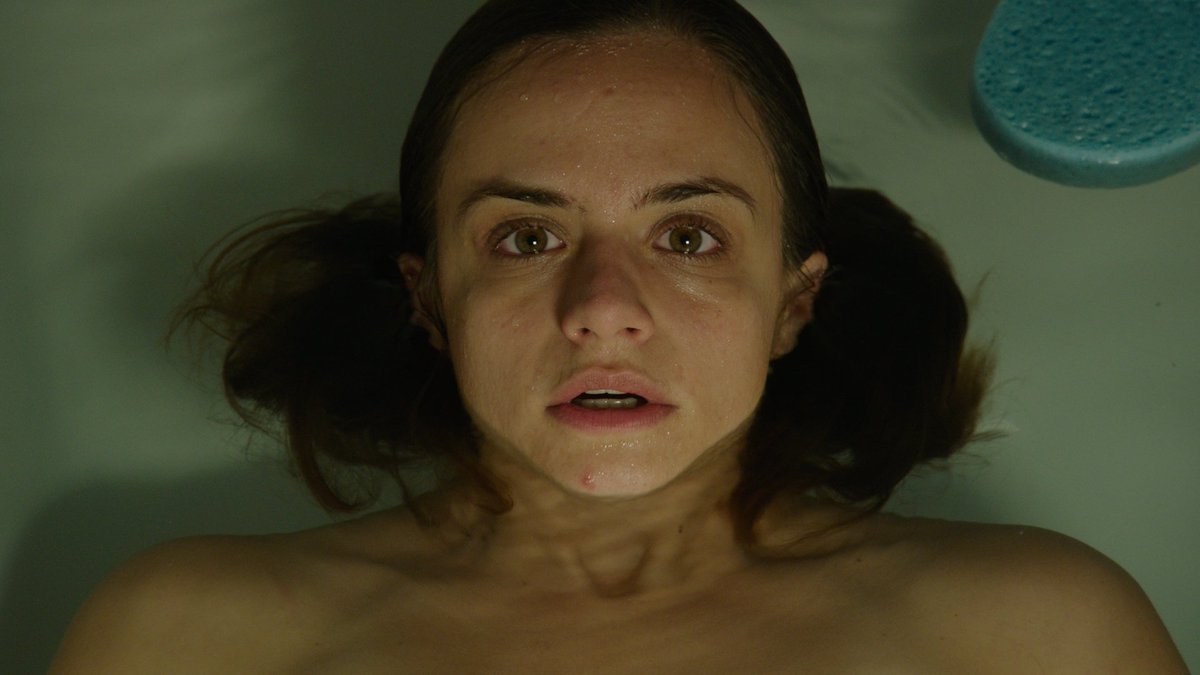"Q. Where does desire come from?
A. All desire is ultimately the search for peace and as such springs from desirelessness. When a desired thing is attained there is a moment of desirelessness without subject and object. Later, we attribute this contentment to the object but in the moment itself there is no cause and effect, no perceiver and perceived. We are on our home-ground. All desire springs from the urge to be at home permanently.
What is generally called desire is a psychological superimposition created by the ego for its survival. Most desire comes from psychological memory, that fortress of the ego. Of course, there is desire which comes from the body itself. It belongs to biological survival and is a natural function.
Q. Would you speak about stimulation?
A. Your completeness is autonomous. That means there is no need for stimulation to fill a lack. A certain amount of stimulation is important for the biological structure, of course, otherwise it dies. But because this appears within your real nature you are not bound by its appearing. It holds no interest for you in itself. All appears in consciousness. Biological stimulation is then jubilation; existence is only play. It is an expression of wholeness. When you are consciousness you see, feel, taste, hear only consciousness. All need springs from lack and almost all our need for stimulation stems from mental confusion.
Q. I often find myself trying to repeat certain experiences or sensations which were pleasurable. Why is this?
A. The person needs experiences to exist and looks to repeat them. Pleasure offers more security for the ego than pain. As long as you take yourself for an experiencer you live in the pleasure-pain cycle. Objectless consciousness, your real nature, is joy without experiencer or experience. It is not connected to time, memory, feeling or sensation, so there is nothing to repeat. You are the guest of joy, you cannot impose yourself.
Q. Would you clarify the distinction between joy and pleasure?
A. Pleasure is always in the shadow of pain. In joy there is no counterpart. Joy is without cause or object. As all appears in joy, pleasure too appears in joy. Joy is the background out of which the opposites, pleasure and pain, arise, and into which they reduce. Pleasure maintains the person whilst joy annihilates the person. Joy may appear spontaneously but often it degenerates into pleasure.
Q. How does this degeneration occur?
A. You conceptualise joy. Joy is global, but what is conceptualised becomes successive since there cannot be more than one concept at a time. Pleasure is fractional. Joy is multidimensional. Pleasure has a beginning and an end but joy is continuous.
Q. Would you say joy is the synthesis of pleasure and pain?
A. Joy is all-encompassing. It is the source, not the synthesis, of fractions. The 'still joy' I speak of is a living principle. Existence. Pleasure and pain are in this joy but it is not bound to them. Where there is only a conceptual - and not a living - principle there is no warmth, no life."
Monday, August 29, 2022
JOY AND PLEASURE - JEAN KLEIN - "WHO AM I?"
Subscribe to:
Comments (Atom)
Awakened
“Not seeing Self, the world is materialized. Seeing Self, the world is vanished.” Ashtavakra Gita “In the limit...

-
“Not seeing Self, the world is materialized. Seeing Self, the world is vanished.” Ashtavakra Gita “In the limit...
-
“Simplicity is the glory of expression.” Walt Whitman “Nature is pleased with simplicity and affects not the pomp ...
-
1) Me - We think we have confirmation from others about our shared realit...
